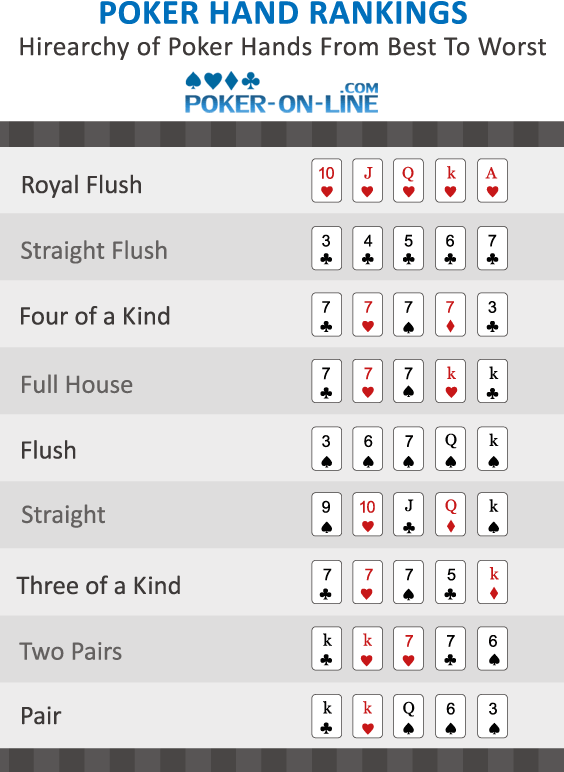Much like its friend to the south (the United States), Canada has struggled with what to do about the online gambling world. Technological improvements have made it possible for a person in Toronto to play poker in a Caribbean website with ease, for example.
Canada has chosen to address this issue through gradual development and imposition of a vast system of laws and guidelines that regulate gaming of all kinds, including of the online variety. Gaming in Canada, then, is mostly under the official purview of the government, both at the federal and provincial level. No organization outside of the government can own and operate online gaming, in effect.
Lately, the provinces have been lining themselves up to take advantage of the licensing and management of online poker and gaming outlets of their own. Ontario is looking closely at starting its own online gaming in the future, with an estimated intake of millions of dollars annually, though there's still opposition in some government circles to taking the plunge.
As well, Loto-Quebec will be standing up its own online poker operation, which is set to debut in the fall. It'll be run in partnership with British Columbia and the four Atlantic Provinces gaming corporations, both of which already allow limited online gambling of a sort. Bingo and lottery tickets have been available online in the Atlantic since 2004 and British Columbia lets players bet up to $9,999 a week on online poker.
It would seem, then, that there's no move afoot to tighten online gaming regulations any further, and Canada doesn't look to be moving towards the strict regulations found in the United States' “Unlawful Internet Gambling Enforcement Act.” With Quebec partnering up with BC and the Atlantic Provinces to get real online poker and gaming going, it looks to be a good time to be a Canadian online poker aficionado, as a matter of fact.

